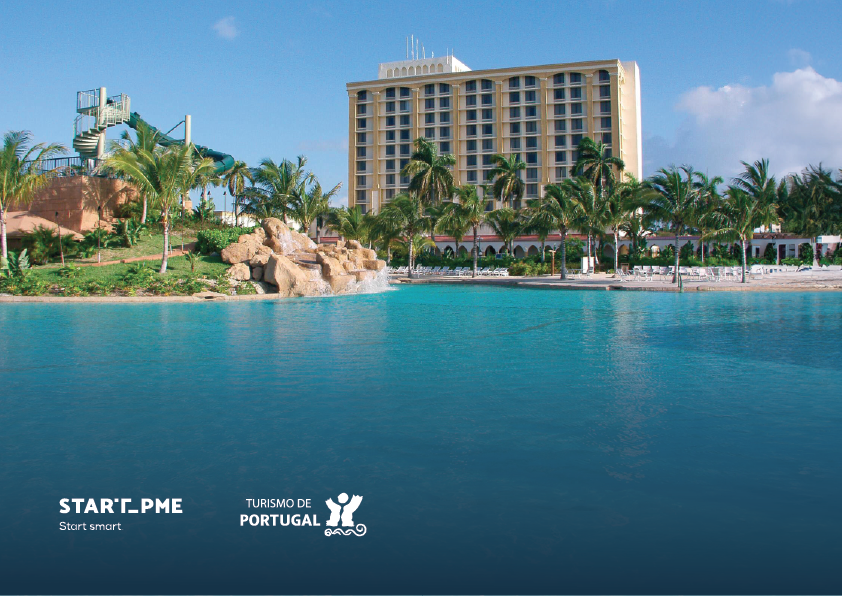Project Description

Line + Interior Tourism
Tourism Grants
The Interior Tourism Line + is aimed at public organisations, associations and foundations that want to develop projects that contribute to the sustainable development of rural tourism, boosting new strategies to enhance and promote tourism, social, cultural and economic activity in their respective regions.
Support Status
Open
Financing
Up to 400.000€
Territory
Low Density Territories
Eligible Entities
Public Entities
Private Entities

Line + Interior Tourism
Tourism Grants
The Interior Tourism Line + is aimed at public organisations, associations and foundations that want to develop projects that contribute to the sustainable development of rural tourism, boosting new strategies to enhance and promote tourism, social, cultural and economic activity in their respective regions.
Support Status
Open
Financing
Up to 400.000€
Territory
Low Density Territories
Eligible Entities
Public Entities
Private Entities
Incentive Conditions
- The Interior Tourism Line + is aimed at public entities, including those in whose management central state, regional and local administration entities have a dominant position, as well as associative entities or foundations that propose to develop projects that contribute to the sustainable tourism development of rural territories, enhancing new strategies for valuing their resources, assets and agents, generating greater levels of tourist attractiveness and promoting their social and economic dynamisation.
- Applying to projects to be developed in the low-density territories referred to in Annex III of Council of Ministers Resolution no. 72/2016, of 24 November, and also to projects to be developed outside the low-density territories, provided that they are developed in a network with projects located in low-density territories and provided that the latter are the majority in terms of the investment to be carried out.
- The funding rate for projects is 70 per cent applied to eligible investment with a limit of €400,000.00 (four hundred thousand euros), per project or, in the case of a joint application, per entity. The support granted is non-refundable.
- The maximum support limit is €400,000 (four hundred thousand euros), per project or, in the case of a joint application, per entity.
- Public entities, including those in whose management the central, regional and local government entities have a dominant position;
- Associations or foundations that intend to develop projects that contribute to the sustainable tourism development of inland territories.
- The following expenditure is eligible:
- 1 – Eligible projects are those which, by contributing to the strategic objectives of enhancing the interior and responding to the needs and interests of a demand for greater added value, strengthen the tourist attractiveness of the territories and add value to them through the regeneration of their resources, the qualification of their assets and agents, the promotion of intelligent and sustainable mobility, the promotion of knowledge about the territories and their flows, as well as the development of innovative products or segments.
- 2 – Priority shall be given to projects which, by combining the characteristics set out in the previous paragraph, encourage the development of added-value tourism products, such as cultural and heritage tourism, industrial tourism, railway tourism, sports tourism, nautical tourism, wine tourism, military tourism, literary tourism, scientific tourism, religious tourism, health tourism, gastronomic tourism and nature tourism.
- 3 – The following specific framework conditions must be observed:
- a) In the development of cycle paths or ecovias, in the context of nature tourism, only supramunicipal routes integrated into the main routes of international routes are eligible;
- b) In the enhancement of paths of faith, only the Caminhos de Santiago that are certified or in the process of being certified and, in the case of the Caminhos de Fátima, those that are recognised as such by the National Culture Centre are eligible.
- The following expenses are eligible, provided they are directly related to the implementation of the project:
- a) Studies, projects and technical assistance, as well as external supervision of the implementation of investments, up to a limit of 10 % of the total value of eligible expenditure;
- b) Construction and adaptation works;
- c) Acquisition of goods and equipment;
- d) Acquisition of information systems, software and computer equipment to obtain analytical data;
- e) Implementation of platforms to increase interaction and collaborative connection;
- f) Interventions to increase physical and communicational accessibility for all;
- g) Marketing actions aimed at commercializing the offer;
- h) Obtaining certifications in the area of sustainability;
- i) Specialized consultancy services to define the sustainability strategy to be implemented;
- j) Implementation of infrastructure and technology, including the acquisition of hardware and software;
- k) Acquisition or development of systems and technological platforms that enable the provision of data in open format, as well as its automated use;
- l) The provision of professional services by third parties, including technical and scientific assistance and consultancy, for the period strictly necessary for the development of the project;
- m) Training and capacity-building actions for the development and implementation of the project;
- n) Intervention by external auditors or certified accountants in the context of project development.
- Only expenditure on the purchase of goods and services that fulfil the following requirements may be reimbursed:
- a) They must be made at average market costs, which Turismo de Portugal, I. P., may adjust accordingly;
- b) Whenever legally applicable, be subject to the respective public procurement procedures.
Incentive Conditions
The Interior Tourism Line + is aimed at public entities, including those in whose management central state, regional and local administration entities have a dominant position, as well as associative entities or foundations that propose to develop projects that contribute to the sustainable tourism development of rural territories, enhancing new strategies for valuing their resources, assets and agents, generating greater levels of tourist attractiveness and promoting their social and economic dynamisation.
Applying to projects to be developed in the low-density territories referred to in Annex III of Council of Ministers Resolution no. 72/2016, of 24 November, and also to projects to be developed outside the low-density territories, provided that they are developed in a network with projects located in low-density territories and provided that the latter are the majority in terms of the investment to be carried out.
The funding rate for projects is 70 per cent applied to eligible investment with a limit of €400,000.00 (four hundred thousand euros), per project or, in the case of a joint application, per entity. The support granted is non-refundable.
The maximum support limit is €400,000 (four hundred thousand euros), per project or, in the case of a joint application, per entity.
Public entities, including those in whose management the central, regional and local government entities have a dominant position;
Associations or foundations that intend to develop projects that contribute to the sustainable tourism development of inland territories.
The following expenditure is eligible:
1 – Eligible projects are those which, by contributing to the strategic objectives of enhancing the interior and responding to the needs and interests of a demand for greater added value, strengthen the tourist attractiveness of the territories and add value to them through the regeneration of their resources, the qualification of their assets and agents, the promotion of intelligent and sustainable mobility, the promotion of knowledge about the territories and their flows, as well as the development of innovative products or segments.
2 – Priority shall be given to projects which, by combining the characteristics set out in the previous paragraph, encourage the development of added-value tourism products, such as cultural and heritage tourism, industrial tourism, railway tourism, sports tourism, nautical tourism, wine tourism, military tourism, literary tourism, scientific tourism, religious tourism, health tourism, gastronomic tourism and nature tourism.
3 – The following specific framework conditions must be observed:
a) In the development of cycle paths or ecovias, in the context of nature tourism, only supramunicipal routes integrated into the main routes of international routes are eligible;
b) In the enhancement of paths of faith, only the Caminhos de Santiago that are certified or in the process of being certified and, in the case of the Caminhos de Fátima, those that are recognised as such by the National Culture Centre are eligible.
The following expenses are eligible, provided they are directly related to the implementation of the project:
a) Studies, projects and technical assistance, as well as external supervision of the implementation of investments, up to a limit of 10 % of the total value of eligible expenditure;
b) Construction and adaptation works;
c) Acquisition of goods and equipment;
d) Acquisition of information systems, software and computer equipment to obtain analytical data;
e) Implementation of platforms to increase interaction and collaborative connection;
f) Interventions to increase physical and communicational accessibility for all;
g) Marketing actions aimed at commercializing the offer;
h) Obtaining certifications in the area of sustainability;
i) Specialized consultancy services to define the sustainability strategy to be implemented;
j) Implementation of infrastructure and technology, including the acquisition of hardware and software;
k) Acquisition or development of systems and technological platforms that enable the provision of data in open format, as well as its automated use;
l) The provision of professional services by third parties, including technical and scientific assistance and consultancy, for the period strictly necessary for the development of the project;
m) Training and capacity-building actions for the development and implementation of the project;
n) Intervention by external auditors or certified accountants in the context of project development.
Only expenditure on the purchase of goods and services that fulfil the following requirements may be reimbursed:
a) They must be made at average market costs, which Turismo de Portugal, I. P., may adjust accordingly;
b) Whenever legally applicable, be subject to the respective public procurement procedures.





